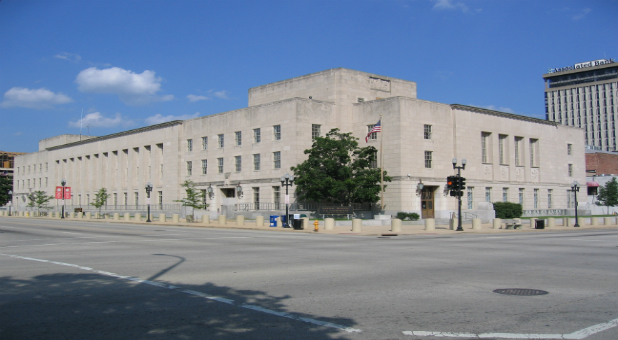Why a Pro-Muslim Federal Court Verdict Is Good News for Christians, Too
A federal court in Peoria, Illinois, last week awarded more than $120,000 each to two Muslim truck drivers who were fired from their jobs for refusing to transport alcohol. The truckers, who worked for a general “over-the-road” carrier, said driving beer shipments would violate their beliefs, and the employer, Star Transport Inc., admitted its managers were not trained in how to handle requests for religious accommodation, as federal law requires.
Following a summary judgment against Star Transport, jurors awarded Mahad Abass Mohamed and Abdkiarim Hassan Bulshale $20,000 each in compensatory damages and $100,000 each in punitive damages. Judge James E. Shadid, appointed to the federal bench in 2010 by President Obama, also awarded each worker approximately $1,500 in back pay.
According to the federal Equal Employment Opportunity Commission, “in 2009, Star Transport fired Mohamed and Bulshale after they were required to transport alcohol. Both men told Star Transport that they believed doing so would violate their religious beliefs.” The workers were dismissed, even though there were no performance issues against them and Star found other drivers for the beer shipments, apparently without significant difficulty.
EEOC attorney June Calhoun said, in a statement, “Star Transport failed to provide any discrimination training to its human resources personnel, which led to catastrophic results for these employees. They suffered real injustice that needed to be addressed.”
The suit against Star Transport was filed under Title VII of the federal Civil Rights Act of 1964, which forbids discrimination against employees on the basis of their religious practice. The bill protects believers of any religion, observers note, and has been used to defend Christians in several situations, including that of a hair stylist dismissed by the Supercuts chain for refusing to work on Sunday. In that case, Supercuts settled with the EEOC and paid the dismissed worker $43,500.
According to one observer, a ruling mandating religious accommodation for members of one faith strengthens the principle of accommodating believers of all faiths, including Christianity.
“When you have a decision like this accommodating Muslim truck drivers regarding alcohol, it strengthens the law for everyone, including Christians who don’t want to work on Sunday,” said attorney Alan J. Reinach of the Church State Council in Westlake Village, California.
Reinach said, “There certainly are other people, Christians, who refuse to sell alcohol or, working in a grocery store, didn’t want to stock alcohol. If conservatives want accommodation for their own beliefs, others get them too.”















































